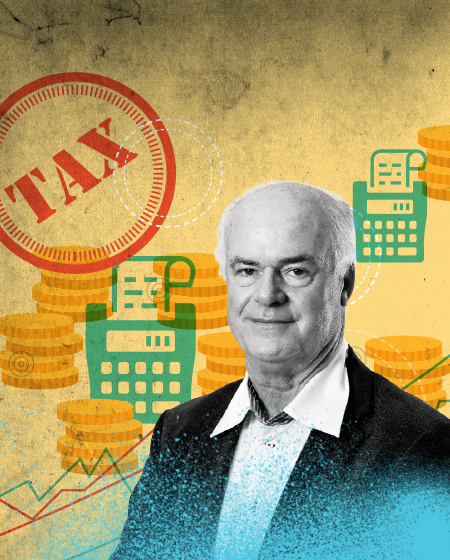In recent months, I have on a number of occasions visited a friend whose house overlooks the Simon’s Town naval dockyards. Tied to the docks are two submarines, and on the quayside lies a third. The submarines, which were part of the infamous arms deal, cost more than R8 billion. My friend says he has seen one sub put to sea – once. It was towed out into False Bay and, a few hours later, towed back.
Forget about the alleged corruption associated with the armaments deal – that was simply a complete waste of money. SA does not need these submarines and has been unable to keep them seaworthy almost from the day they were delivered. Neither does the navy seem to have enough skilled personnel to crew them fully. The money used on them is only one of the many examples of inappropriate, unaffordable and pointless government spending.
The problem with misguided spending is that it puts upwards pressure on taxes while ignoring the pressing needs of affordable education, housing and healthcare for the bulk of citizens. The poor are being treated with virtual contempt, while the way taxes are being stacked – directly and indirectly – is fast becoming untenable for just about everyone.
In recent years, both the income and capital tax rates have been increased. Serious discussion is taking place about the introduction of a wealth tax that will be applied to net assets, and the restructuring of estate duty to, among other things, get rid of Section 4(q) of the Income Tax Act, which allows couples to bequeath assets to each other free of estate duty or capital gains tax. This is compounded with the ‘assault’ on inter vivos trusts. And all that is apart from the ever-increasing administered prices, such as for electricity, and the need to ‘pay twice’ to receive efficient services, for example healthcare, security and – increasingly – education.
The growth in services, that should have already been paid for with government taxes, such as medicines and doctors, house-alarm monitoring and decent education has been astounding. The result is that the same rand earned could be ‘taxed’ more than four times.
Much has been written about the potential of a tax revolt in SA, mainly in quite simplistic terms, namely steal or waste the people’s money and they will get angry and not pay tax. The conclusion has, by and large, been that this cannot happen because SARS is now too efficient and sophisticated. Also, a lot of tax is collected by third parties, such as PAYE by employers; dividend withholding tax by asset managers; and income tax on pensions by product providers.

However, tax ‘revolts’ can manifest themselves in a lot more ways than refusing to pay or dodging the payment of taxes, along the lines of the continued resistance to e-tolls. An example of a more potent issue was illustrated by a statement by Gwebinkundla Qonde, director-general of the Department of Higher Education, who warned during the current #FeesMustFall campaign that the country’s university rankings were declining in terms of international comparisons, and that ‘if they continue to go down, the rich will remove their children from the universities and the working class will be caught in a system that doesn’t work’.
If the wealthier – not necessarily the very wealthy – continue to be stung economically and find that the cost of living becomes unaffordable, they will vote with their feet. Those with education and initiative, who are so desperately needed in almost every country, will simply pack their bags and move elsewhere in a world that seeks their skills.
The same applies to companies. If the cost of doing business in SA becomes too great, many businesses – in these days of advanced ease of communication – will move to more attractive locations. The loss will have a knock-on effect throughout the economic system.








